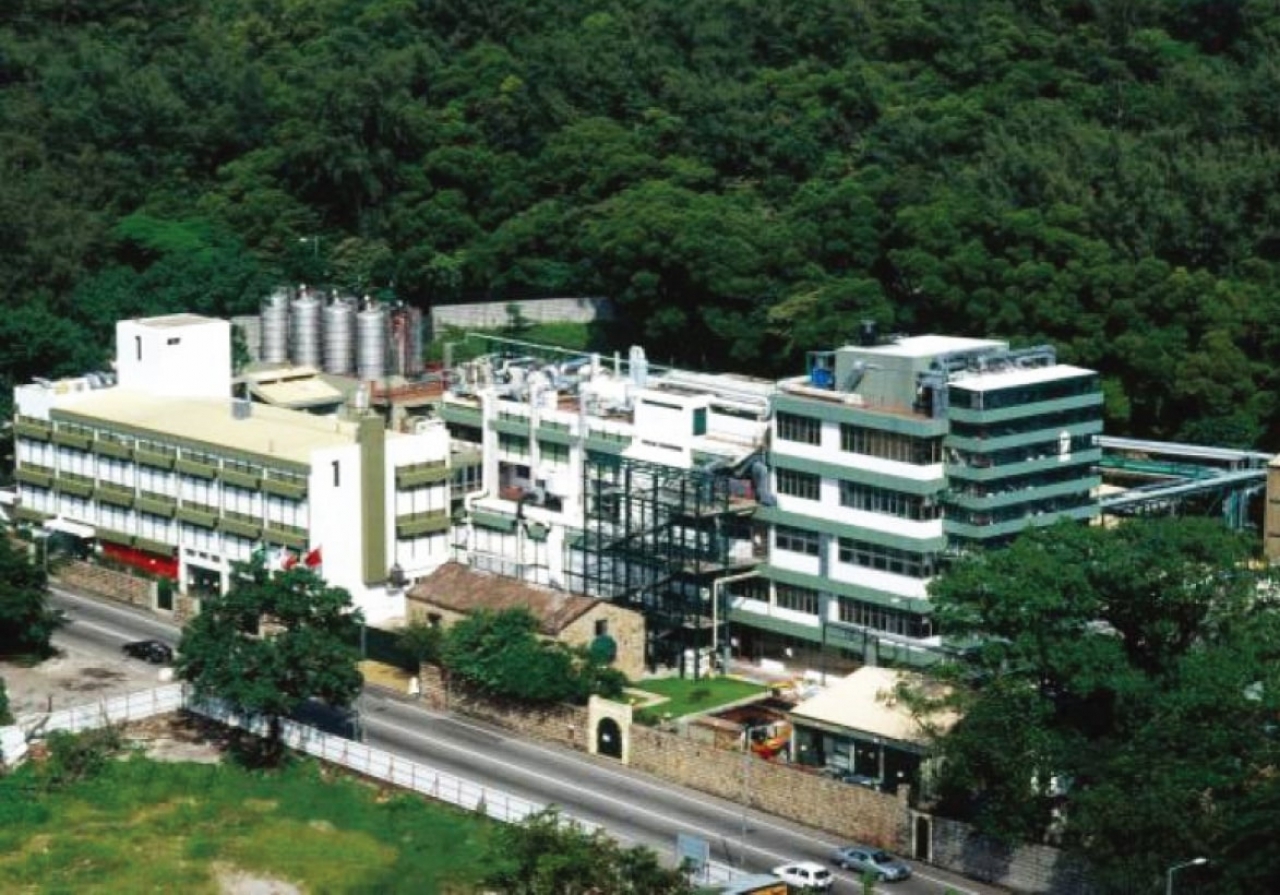Press Room
Fire Services Bureau holds emergency drill at Hovione plant in Taipa
Macau News Agency, January 25, 2019
The Fire Services Bureau held an emergency drill at the Hovione pharmaceutical plant in Taipa, to better strengthen the resilience and coordination of the bureau, and about 150 personnel from both parties participated.

Macau (MNA) – The Fire Services Bureau (CB) on Thursday held an emergency drill at the Hovione PharmaScience Ltd Plant (Hovione) in Taipa, to better strengthen the resilience and coordination of the bureau.
According to a release by the CB, the drill simulated an accident occurring when a worker operating a forklift at the pharmaceutical plant pierced a methanol solvent storage tank and caused a fire.
During the evacuation process of the drill, workers pretended to be injured while the remainder of the staff took safety measures in accordance with the internal contingency plan of the plant, and evacuated all relevant personnel to their emergency meeting point.
When informed of the ‘accident’, the CB dispatched nine emergency vehicles and 37 firefighters to the scene who carried out fire fighting, evacuations, search and rescue, as well as caring for the injured, according to an established plan.
The exercise lasted for about an hour, and a total of 150 personnel from both Hovione and the CB participated in the exercise.
The release states that the drill went smoothly and achieved its intended purpose, and after its completion, a meeting took place between both parties to discuss future exercises in testing their responses.

